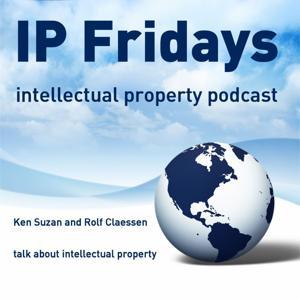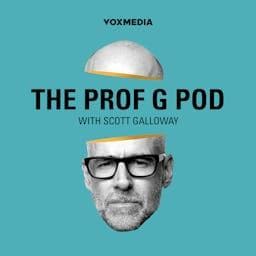How do you protect the IP of a rapidly growing technology company in the dynamic AI sector without slowing engineers or missing what really matters?
That question is at the center of this episode of Clause 8, where host Eli Mazour sat down with Subroto Bose, Head of IP at Astera Labs, at the VIA Licensing Alliance’s 2025 Bridge Summit.
Prior to Astera, Subroto held IP leadership roles at global semiconductor companies and standards-driven licensing environments. That breadth of experience informs a central theme of the conversation: effective IP strategy is ultimately about predicting the future. Patents filed today must remain relevant not only at issuance, but across multiple generations of products and shifting market realities.
Astera Labs operates at the intersection of AI and semiconductors, a highly competitive space where multiple companies are advancing the technology in parallel and IP strategy must complement active—and sometimes unpredictable—product development. Subroto brings a rare perspective to that challenge, shaped by earlier experiences growing semiconductor patent portfolios and dealing with non-practicing entities at Altera and Marvell, as well as buying patent portfolios and participating in patent pools at Dolby Laboratories, before taking on the task of building an IP program from scratch at Astera.
During the discussion, Eli and Subroto explore how early-stage companies should prioritize patent filings under budget constraints, why patent quality matters far more than volume, and how IP leaders can embed patent thinking directly into engineering culture rather than treating it as a separate legal function.
Subroto explains why, in a competitive environment, some IP decisions cannot be deferred without consequences—and how that reality shapes what he chooses to protect and when. He also reflects on what years spent reviewing patents as a buyer taught him about identifying real value, and how that buyer’s lens now influences his current role.
He also shares why he decided to sit at a desk inside the engineering area when he joined Astera Labs, and the impact that had on how he learned about new technology and engaged engineers.
The episode also takes a clear-eyed look at the limits of trade secrets, particularly in industries where disclosure to customers and partners is unavoidable and parallel invention is a real risk. Subroto explains why deciding what belongs in a patent versus what can safely remain confidential is rarely straightforward—and why relying on secrecy alone can leave companies exposed.
Finally, Subroto offers advice for those aspiring to become Heads of IP at high-growth Silicon Valley technology companies, reflecting on his own non-linear path into IP leadership, including early litigation work alongside Kathi Vidal before she became USPTO Director.
The conversation offers practical insight for anyone interested in how to design and implement an IP program built for long-term success in fast-moving technology markets.
Watch the full episode or listen on your favorite podcast app—and subscribe to the new Clause 8 YouTube channel for bonus content.
Presented by Tradespace – where ideas take flight.
Disclaimer
This is a public episode. If you would like to discuss this with other subscribers or get access to bonus episodes, visit www.voiceofip.com




































